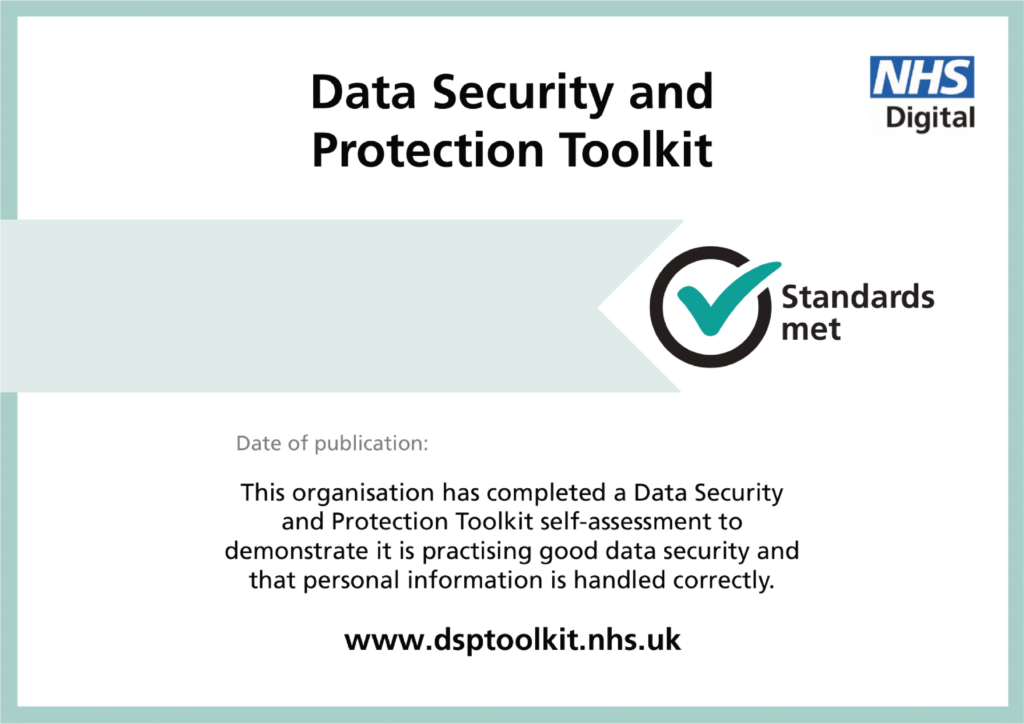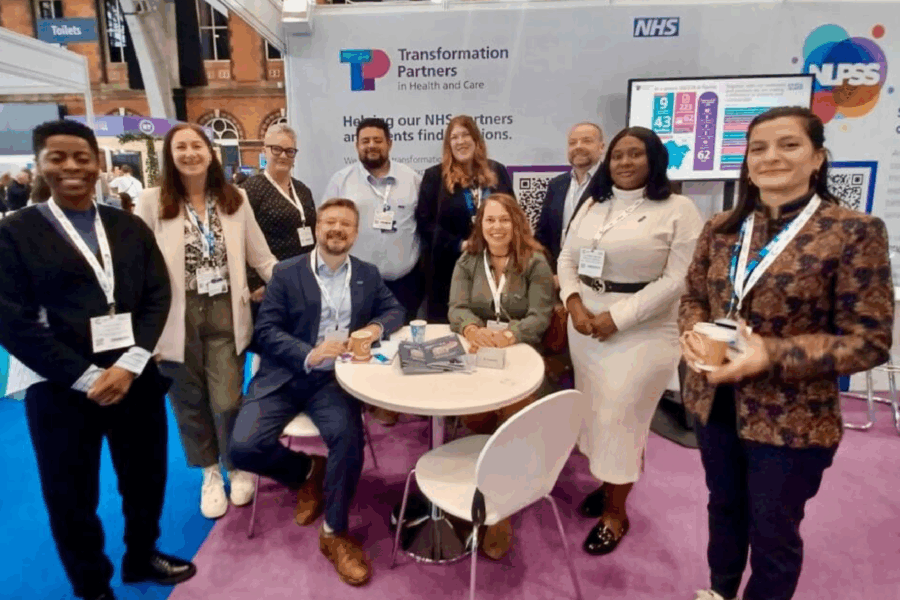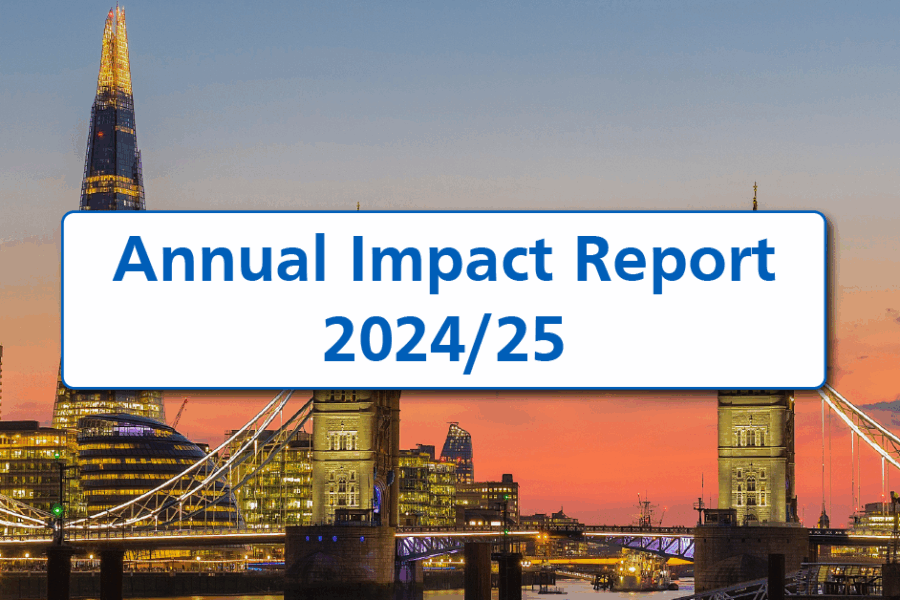Analogue to digital
TPHC’s specialist digital and analytics consultants and Digital Productivity team support organisations and teams across the NHS and social care to transition safely and sustainably from analogue to digital systems and pathways.
In 2024/25 we provided expertise and resource to support digital transformation at trust, system, regional and national level. We built and deployed process automations to achieve crucial time savings for teams and services, delivered digital transformation programmes for integrated care systems, and developed and improved multiple statistical and visualisation tools, including dashboards for the national Federated Data Platform.
Digital and technology
Transforming adult social care through digital innovation in north west London
TPHC has partnered with North West London Integrated Care Board since 2023 to deliver two key national programmes under NHS England’s Digitising Social Care initiative: the Data Security and Protection Toolkit and Digital Social Care Records.
With our support, 91% of care homes and 60% of home care providers in north west London are now digitally safe and secure, and 86% of all care providers use digital shared care records for all those they support.

We could not have delivered the key outcomes for residents without the expertise and approach from the TPHC team. This has real meaning for patients and care homes.
Jane Wheeler, Programme Director Local Care, NWL ICB
Better for residents with care needs
- Digital social care records allow real-time updates and shared access to care plans for care homes staff, improving patient care.
- When care providers implement the Data Security and Protection Toolkit, the data of people who receive care from them is protected.
Better for the NHS and care services
Streamlining contract management in north central London
TPHC worked with North Central London Integrated Care Board to enhance their contract and procurement management by implementing Atamis, the Department of Health and Social Care’s cloud-based platform, replacing previously spreadsheet-driven processes.
We undertook an in-depth review with ICB commissioners, which found inefficiencies that adopting Atamis would address. We designed and piloted a target operating model for contracting teams in the ICB that restructured workflows, clarified responsibilities, and embedded Atamis’ full functionality.
The target operating model enables real-time visibility of contract lifecycles, automates workflows for compliance, and centralises key performance indicator monitoring, enabling Atamis to become the single source of truth across the system for contracting and procurement.

Our work included:
- establishing an Atamis Working Group to lead implementation and change
- developing supporting material, including user guides and stakeholder FAQs
- delivering dashboards and user stories to demonstrate impact and track progress.
Better for patients
- More efficient back-office processes (such as automated renewal notifications, invoice matching and contract storage) can unlock 10 to 20% cost savings, which can be reinvested in frontline services such as staffing, diagnostics, and equipment, ultimately enhancing patient care.
- Proactive contract performance management provides better visibility of provider delivery and service reviews, enabling faster resolution of underperformance and ensuring patients receive high-quality, reliable care.
- Improved visibility and control over service contracts helps identify gaps in access or inequalities in provision, supporting fairer distribution of resources and helping all patients to receive timely, consistent care regardless of location or background.
Better for the NHS
The pilot scheme resulted in the ICB:
- improving contract data completeness from 55.2% to 98.3%
- empowering commissioners to proactively manage their contracts
- reconciling 364 contracts with 99.8% match accuracy to previous spreadsheet-based contract registers.
Full rollout of the target operating model is planned for 2025, pending funding approval.
Atamis also:
- enables visibility of suppliers’ environmental, social and governance performance
- reduces paper waste and the administrative burden of analogue working.
Automating chronic kidney disease referrals in north central London
TPHC’s Digital Productivity team worked with Royal Free London NHS Foundation Trust to streamline the referral process for chronic kidney disease across north central London, improving efficiency and reducing the risk of manual errors.
The Royal Free’s chronic kidney disease team receives up to 70 referrals a week.
Previously, each required around 30 minutes of manual work to register, triage, and respond to, placing strain on resources and increasing the risk of human error.
To tackle this, we developed an automated referral workflow, integrated with the NHS e-Referral Service and clinical system EMIS, which automated the full referral process.
The project’s success was built on close collaboration with clinical, digital and information governance teams. The automation passed a robust DPIA and met the DCB0160 clinical safety standard, ensuring secure handling of patient data and safe interoperability between systems.

Better for patients and the NHS
The automation went live on 15 April 2024. As of February 2025:
- 2,489 chronic kidney disease referrals processed end-to-end via automation
- over 1,244 hours saved – equivalent to 155 working days
- reduced admin burden and faster, more reliable triage
- won the Quality Improvement and Efficiency award at the RFL staff awards 2024.
This successful automation demonstrates how targeted digital solutions can deliver measurable productivity gains while improving patient safety and clinician efficiency.
Digital Communications
Promoting the NHS App in London
TPHC’s communications team supported the NHS in London to promote awareness and drive usage of the redesigned NHS App through a coordinated campaign which reached both broad and hyperlocal audiences.
Alongside a three-month London-wide campaign, for which we developed assets and messages which were shared with communities and stakeholders by the NHS and other partners, we ran a four-week targeted social media campaign in north west London.
This was supplemented by a leaflet door drop to households in the two north west London primary care networks with the lowest NHS App uptake.
The campaign, which was co-designed with NHS and community partners, performed above benchmark and increased NHS App engagement at every level, with the greatest gains in the areas where usage had been lowest:

- London region: 7.4% increase in logins (an increase of 638,531 logins), 12.3% increase in GP medical record views (an increase of 475,218 medical record views). 1
- North west London: 3.5% increase in logins, 8.3% increase in record views.
- Targeted primary care networks: 6.5% increase in logins, 9.2% increase in medical record views.
1 To calculate the increase in the number of logins/medical record views and the percentage increase, an 8-week average date range was selected before and after the campaign launch. This date range was 5 March to 11 April (before the campaign) and 12 April to 18 May (after the campaign). These date ranges were selected to include an equal number of weekdays and weekends in both periods, ensuring a fair and balanced comparison. The percentage change represents the difference in each metric from before to after the campaign.
Better for patients
- More people are benefiting from the convenience of the NHS App.
- Greater use of technology for patients who want it, and frees up face-to-face appointments for those who don’t.
Better for the NHS
- People who have their notifications turned on get automatic messages through the NHS App, saving the cost and time of sending texts and letters.
- Staff are benefitting from reduced admin workload, with more time to focus on complex patient needs.
Data and analysis
Enabling secure access for NHS staff to vital data
The NHS Federated Data Platform (FDP) allows NHS trusts and other organisations to share information in a safe and secure environment. Staff with the need to see specific information – for direct patient care or planning, for instance – can access it safely and securely without having to log into different systems.
Our team has played a key role in supporting the FDP and the migration of national datasets, laying the foundation for more connected, data-driven healthcare in the future. Our team is currently working with NHS England to provide delivery support to pilots of the FDP products, including patient-led validation of waiting lists for acute NHS providers in London and Cumbria, which will enable trusts to maximise use of clinics.
Better for patients
- Simplifying complex systems means more patients can be seen faster, and those who have the most urgent needs can be prioritised.
- Access for planners to near real-time data (with identifying information removed) improves the NHS’s ability to maximise uptake of available appointments, helping cut waiting times.
- The FDP has several products which improve care for patients, and more will be added.
Better for the NHS
- Simplifying complex systems means the NHS saves time and money, which can be used to support patient care.
Appraising the National Amyloidosis Centre’s data estate
The National Amyloidosis Centre (NAC), based at the Royal Free Hospital in London, supports the diagnosis and care of patients with amyloidosis across England.
To meet growing demands, NAC wanted to explore ways to modernise how it stores and uses patient data. A key goal was to improve how information is shared with other hospitals involved in amyloidosis patient care.
At present, NAC uses an older system to manage patient records and appointments. Although this system has been adapted over time, it now faces many limitations. TPHC’s data and analytics team was commissioned to carry out a detailed review, engaging with key staff and stakeholders, and exploring future needs, privacy concerns, costs, and the practicality of upgrading the system.
The outcome was a proposal for a modern, integrated data system that could be hosted either within the NHS or by an external provider and would include advanced tools for reporting and data analysis. We are now working with NAC to develop a business case to support these improvements.
Better for patients
Currently, patients across England need to travel to the amyloidosis centre in London for advanced treatments. Patients will benefit from better ongoing and improved care that is closer to home, with more virtual diagnostic activities made possible by the modernised data estate.
Better for the NHS
This project delivered significant value, including a clear and actionable roadmap to move from legacy systems to a modern, resilient data environment. Amyloidosis clinicians will benefit from better decision-making with access to new and centralised data sources and data exchange between providers. This will also support clinicians running clinical trials.
Enabling data-driven healthcare in London’s prisons
NHS England – London’s Health and Justice team commissions healthcare services for those held in the capital’s prisons. A critical challenge in monitoring service delivery and improving care pathways was the lack of consistent, high-quality data.
To address this, TPHC partnered with the Health and Justice team to develop a comprehensive data strategy for adult prisons across London.
Working closely with commissioners, clinicians and providers, we developed an automated data architecture and designed a new London Prisons Healthcare dashboard.
The dashboard provides a shared, system-wide view of the healthcare needs of the adult prison population. It supports consistent data collection across sites and provides clear insights into how care is being delivered and where improvements are needed.
Through regular engagement, workshops and focus groups, we ensured the dashboard met real-world needs and priorities, helping to:
- standardise data collection and reporting across London prisons
- establish additional data collections to address identified gaps in knowledge
- enhance regional teams’ understanding of the healthcare needs of the secure and detained population
- identify efficiency opportunities through a new “Escorts and Bedwatches” data collection and dashboard” which tracks high-cost, high-risk escorts and bedwatches activity (where prisoners need to receive care outside of the secure estate)
- deliver a framework for identifying inequalities and promoting equitable care.
Better for patients
The dashboard is providing an evidence base to inform the recommissioning of services. This includes a prisons inequalities analysis report that created an analytical framework based on Core20PLUS5 and identified areas of potential inequality across a number of clinical areas. This is being taken forward by a pan-London expert reference group as a key component of a wider inequalities strategy.
Better for the NHS
Our work enables NHS England and partner organisations to make evidence-based decisions, supporting service redesign, informing the recommissioning of care, and shaping strategy to address health inequalities.
The data is also used in high-level briefings, including for the National Chief Medical Officer and World Health Organisation forums, and is central to London’s emerging prison health inequalities strategy.
Supporting better decision-making by the NHS

NHS England uses national dashboards to track performance and progress across key health priorities, improving transparency. TPHC’s experienced technical and business analysts worked closely with NHS England’s Data Services team to ensure these dashboards meet users’ needs and deliver high-quality insights.
We helped design, plan, and deliver dashboards that support better decision-making at both local and national levels.
Better for patients
Dashboards we’ve supported, such as for health inequalities, primary care networks, and urgent and emergency care, enable NHS teams to target interventions and resources where they’re needed most.
Better for the NHS
By bridging the gap between technical delivery and user needs, our work has contributed to better use of NHS data and more efficient services.
Better for the NHS workforce
We led on the design and development of the dashboards, ensuring they are relevant, usable, and align with clinical and operational goals. This freed up NHS development and engineering teams to focus on technical delivery and improved collaboration and clarity across programme teams.
Curious to see how we can make a difference?
Interested in hearing more about how we have helped tackle health inequalities? Contact us for an informal chat.
email us at:rf-tr.tphc-communication@nhs.net



